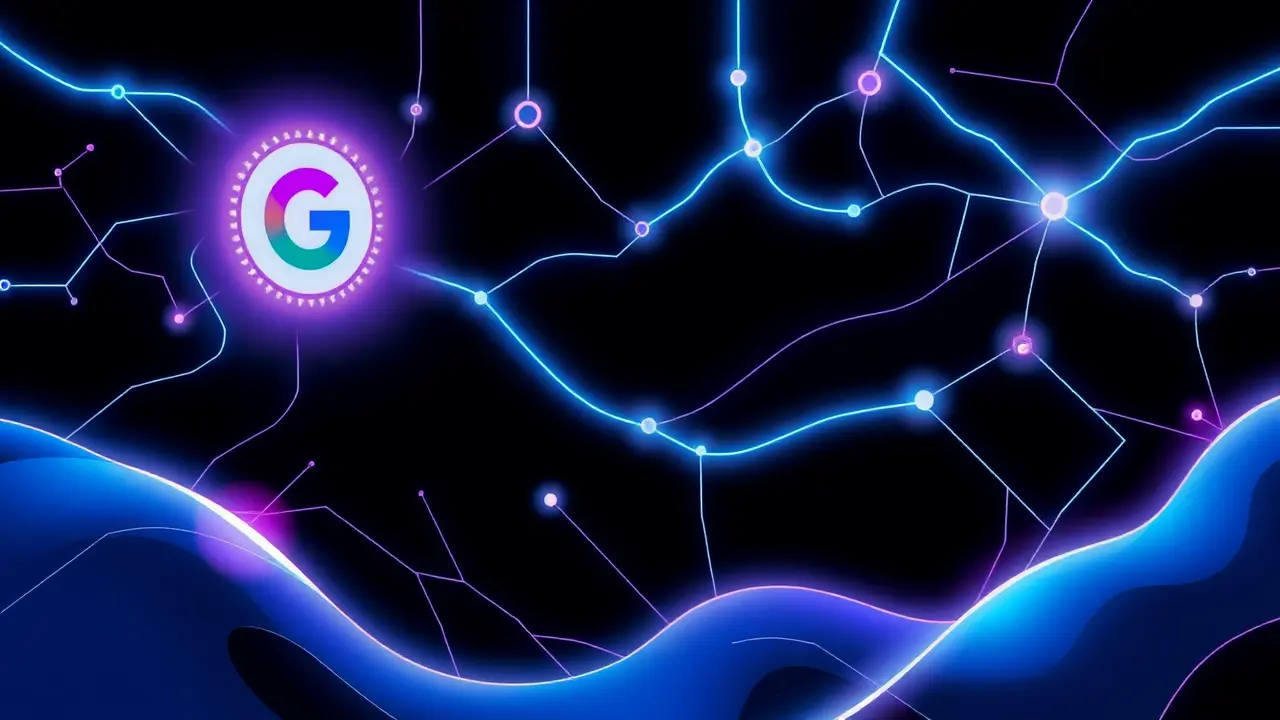Google Adds Trusted Contacts for Account Recovery
In a move that feels both incredibly modern and reassuringly old-school, Google has quietly rolled out a significant update to its account recovery process, now allowing users to regain access to their digital lives not just through a phone number but by designating trusted contacts—a simple yet profound shift that speaks volumes about our evolving relationship with security, trust, and community in the digital age. This isn't merely a feature update; it's a philosophical pivot.For years, the dominant paradigm for account recovery has been a solitary one, hinging on the user's sole possession of a device or a piece of information, a system fraught with peril when a phone is lost, a number is changed, or the unforgiving 'forgot password' loop begins. I found myself diving headfirst into the history of this, recalling the early days of the internet when a lost AOL password could feel like a digital death sentence, and comparing it to today's labyrinthine security landscape.The trusted contacts feature, which essentially allows you to pre-select friends or family who can receive a verification code on your behalf, is a fascinating blend of high-tech and human-net. It’s a recognition that our social graphs are, in many ways, as integral to our identity as our phone hardware.I spent some time pondering the implications beyond mere convenience. What does it mean to formally codify our personal relationships into a security protocol? It introduces a layer of social resilience, a digital safety net woven from the people we trust most.This system, while not entirely new—other platforms have dabbled in similar concepts—gains immense weight when implemented by a behemoth like Google, whose authentication systems guard everything from our emails and photos to our documents and location history. The potential consequences are multifaceted.On one hand, it’s a powerful tool against account lockout, a common vector for digital isolation, especially for the less tech-savvy. On the other, it raises nuanced questions about social pressure and the burden of being someone's 'trusted contact.' What are the protocols if a relationship sours? How does one gracefully rescind that digital power of attorney? I reached out to a couple of acquaintances who work in cybersecurity, and the consensus was cautiously optimistic; they praised the move away from sole reliance on SMS-based recovery, which is notoriously vulnerable to SIM-swapping attacks, but also emphasized the importance of choosing contacts wisely—this is about entrusting your digital keys, not just your spare house key. Stepping back, this update feels like a small but significant step towards a more humane and context-aware internet, one that acknowledges we are not isolated data points but interconnected nodes. It’s a move that subtly challenges the cold, algorithmic nature of pure tech security by reintroducing a element of human judgment and community, a welcome dose of analog warmth in our increasingly digital cold world.
Latest News
The charts are whispering what the true believers have felt in their bones for weeks—Dogecoin is carving out a bottom.
17 hours ago5 comments
The Institute for Fiscal Studies has thrown a stark warning onto Rachel Reeves's desk, urging the Chancellor to confront a potential £22 billion shortfall in
17 hours ago3 comments
Alright, let's break down this absolute heater of a performance from the Chicago Blackhawks, because if you missed this one, you missed a party.
17 hours ago5 comments
The ice was hot last night in the NHL, folks, serving up a slate of games that felt less like a regular season Tuesday and more like a playoff preview with a
18 hours ago3 comments
The XRP chart is painting a tantalizing picture for those with the stomach to withstand the relentless pressure from crypto's leviathans.
18 hours ago4 comments
It’s in the small shifts, the quiet recalibrations of a Thursday morning, where the most meaningful change often takes root.
18 hours ago4 comments
In a move that sent ripples of quiet confidence through the crypto ecosystem, blockchain intelligence firms tracked a monumental treasury allocation from
18 hours ago4 comments
In a move that would have drawn a nod of approval from historical figures like Churchill, who understood the delicate balance of power within democratic
18 hours ago2 comments
JA
Jamie Lowe123k6 hours ago
not sure this is the big deal everyone's making it out to be tbh feels like we're just adding more people to the problem
0
JA
Jamie Larson123k9 hours ago
this is actually a pretty smart idea tbh finally a security feature that makes sense
0
JA
Jamie Larson123k11 hours ago
this is giving me major 'the circle' vibes tbh, making my friends my password managers now idk how i feel about that
0
LI
Liam Carter123k17 hours ago
it’s actually kind of beautiful to think our connections can be our security, like a digital safety net woven from trust
0
JA
Jamie Larson123k19 hours ago
wait so my friends are my password now idk how i feel about that tbh
0
JA
Jamie Wilson123k1 day ago
still figuring this whole security thing out but this actually makes a lot of sense tbh, finally a way to get back in without my phone
0
JA
Jamie Larson123k1 day ago
wait so my friends are now my password managers idk how i feel about that tbh
0
CH
Chloe Miller123k1 day ago
that’s a fair point about moving away from just SMS, which is definitely a weak spot. I see your reasoning about the human element, though I’d add that it feels a bit odd to formalize friendships into a security setting like that
0
